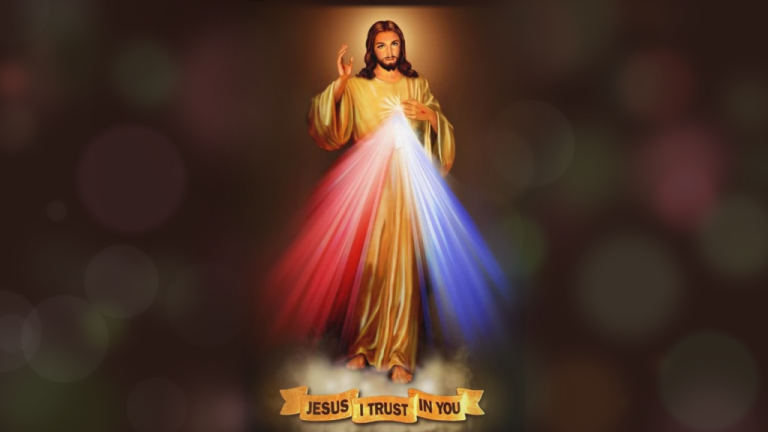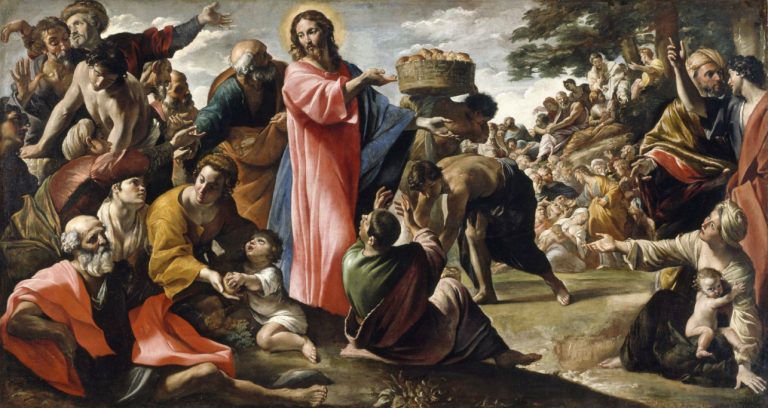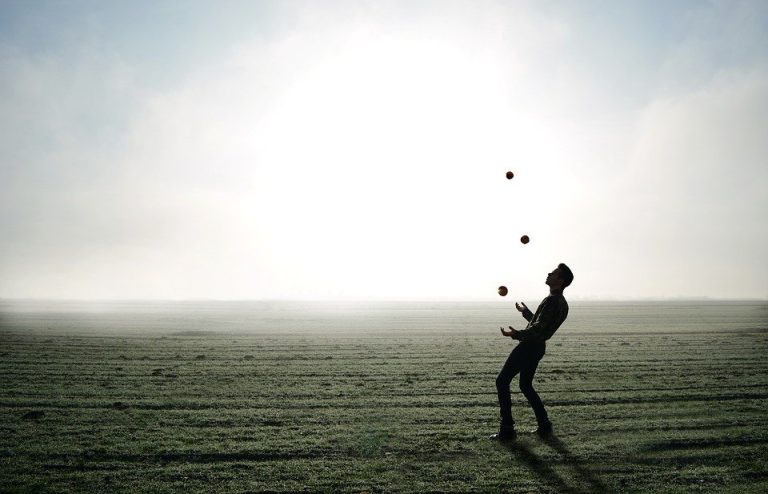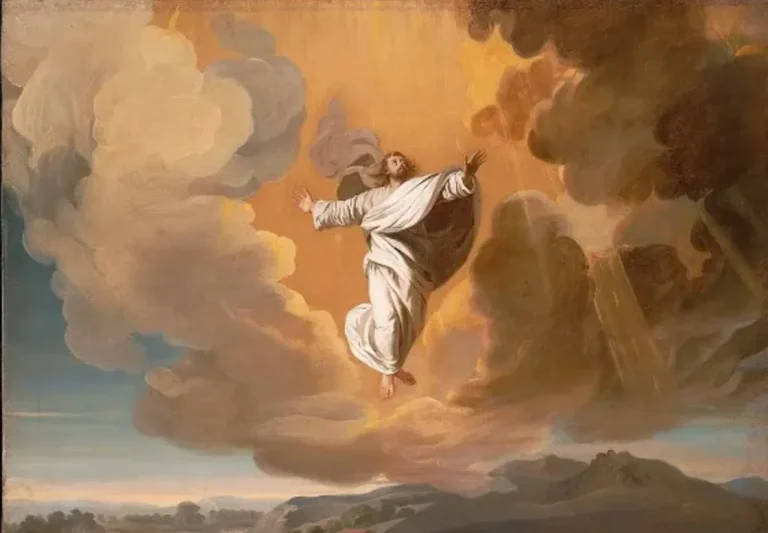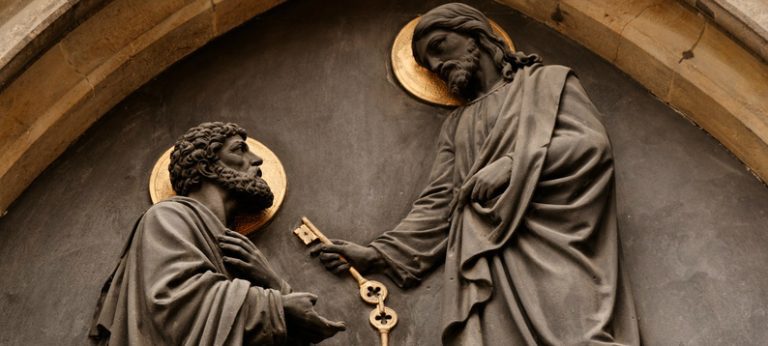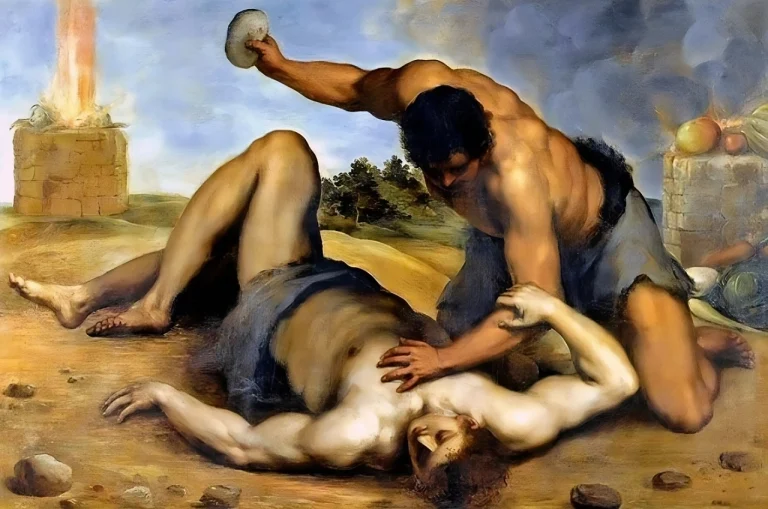The Lord’s Prayer consists of the most well-known fifty four words ever put into four sentences: “Our Father, Who art in Heaven, hallowed by Thy Name. Thy Kingdom come, Thy will be done, on earth as it is in Heaven. Give us this day our daily bread and forgive us our trespasses as we forgive those who trespass against us. Lead us not into temptation, but deliver us from evil.”
Five of the fifty four words are “us”, leaving forty nine words, of which three are “our”. From the remaining 46 words, there is one “we”, leaving 45 words. Nine words of the 54, one/sixth of them, refer to people who will fed, forgiven, kept from temptation, and delivered from evil.
Who are the people represented by “us”, “our”, and “we”? Is it everyone in the world? Is it only those who are saved or destined to be saved? Does it refer to the spiritual or genetic sons of Jacob, rather than those descended from “Esau (whom) I have hated”?
There are many, many such issues in which we may choose to involve ourselves. Discerning the underlying meaning of the prayer may involve lengthy study of lengthy studies on the subject. We may get into race, ancestry, the unforgivable nature of our sins against truth, and predestinatioin. We may wonder what happens to daily bread and deliverance during the periods of time that God has turned away His face, as in the destructions of Jerusalem. Upon reflection, we can find many, many questions to ask about The Lord’s Prayer with which we may occupy ourselves.
Are such things important? Do they matter? Are they any of our business? We may be better served, and serve better, by simply being good soldiers, striving to attain the obedience of those good soldiers described by Alfred, Lord Tennyson in The Charge of the Light Brigade, “Ours is not to question why. Ours is but to do and die.”
Our own battle with temptation and sin lasts far longer than the brief charge of the Light Brigade. The “threescore years and ten” that describes an average length of life means that we have 25,578 day-long battles with evil. Our life-long war with evil lasts longer than the whole Crimean War in which that charge took place. We awaken, gird our loins, go through the day. Then, we sleep, awaken, and repeat.
One may argue that it is only after reaching seven, the “age of reason”, that we make moral decisions for which we may be held accountable. If so, we are actually fighting for 63 years, or for 23,010 days. Six and a third decades seem a very long time to stand in firm obedience, but is a very tiny fraction of all the time our soul go on living. Somewhere.



